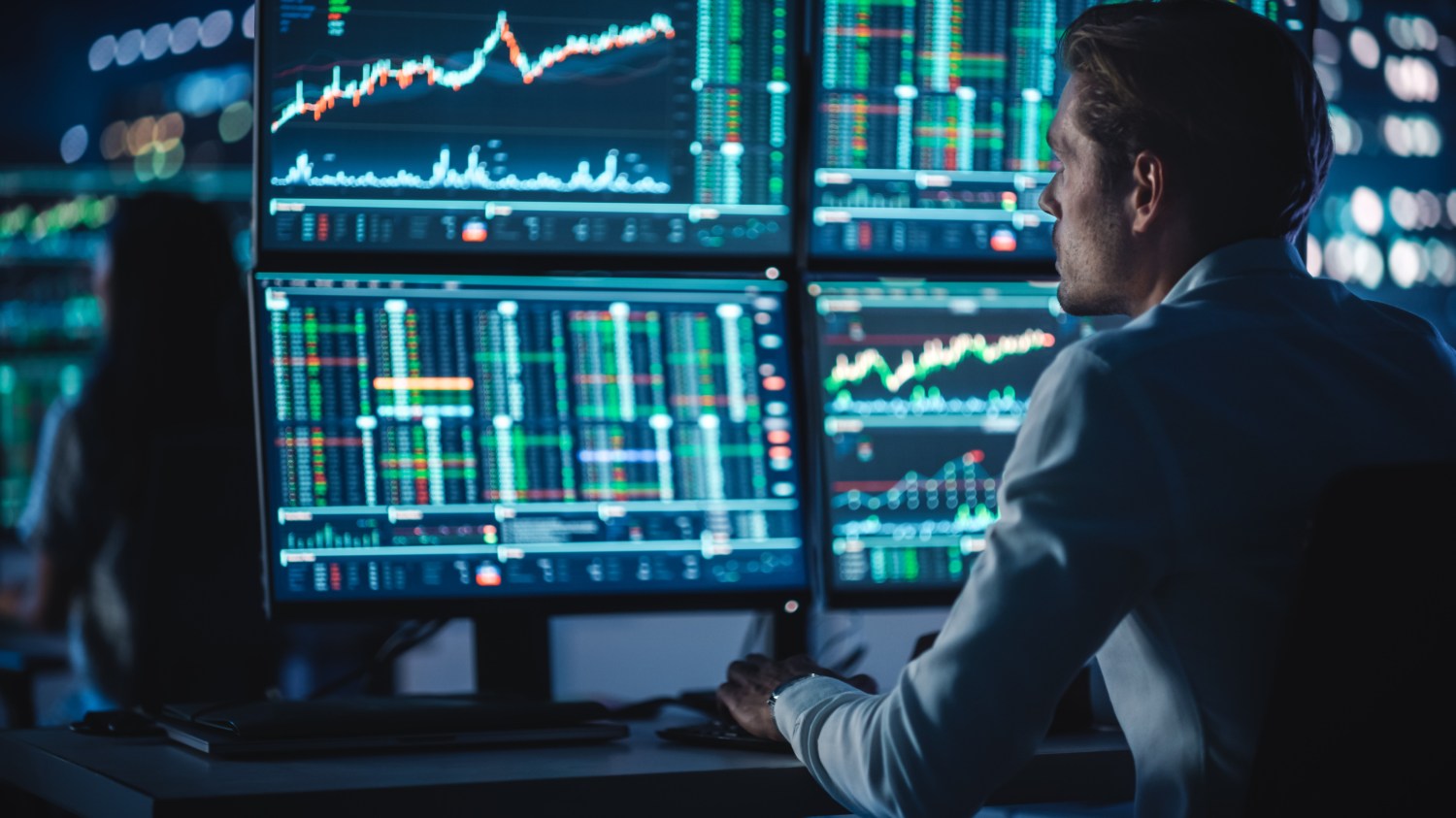Empowering Sports Trading Innovation
A global ecosystem combining technology, education, and investment to redefine the world of sports trading
Sport Trading Life: Innovation Without Borders
Sport Trading Life is an international initiative designed to innovate and expand the concept of Sports Trading.
It brings together cutting-edge technology, education, and investment opportunities, shaping a comprehensive ecosystem that merges innovation, strategic resources, and a dynamic community.
Advanced tools and algorithmic models
A global network of traders and experts
Events and educational experiences for traders
A Collaborative World for Sports Trading
Our vision is to create an inclusive ecosystem where innovation, education, and collaboration are capable of transforming the sports trading industry.
We aim to be the global benchmark, combining excellence and cutting-edge technologies.
- Application of innovative mathematical models
- Attracting investments in a rapidly growing sector
- Building a global movement around Sports Trading
The Three Pillars of Sport Trading Life
A seamless integration of education, technology, and finance

Next Gen Equity SPC (Dubai)
Capital raising, global expansion, and management of dedicated funds.

Sport Trading Edge (Malta)
Technological innovation with advanced algorithms and software.

Sport Trading Hub (Slovenia)
Education, community, and events to promote the culture of sports trading.

Why Sport Trading Life?
Sport Trading Life is the first global ecosystem dedicated to Sports Trading.
With international hubs specializing in education, technology, and finance, we offer:
Access to cutting-edge financial strategies
Custom algorithms for proprietary and third-party use
Events, courses, and educational content for everyone
Our Mission
Promote the culture of Sports Trading, a world that remains largely unexplored
Innovate with proprietary algorithmic models and advanced software
Provide investment opportunities in a structured, transparent environment
Opportunities fordifferent audiences
Investors
Diversify your portfolio with transparent and innovative tools
Partners
Collaborate to expand your business in a growing sector
Community
Learn and connect through events and tailored educational resources





